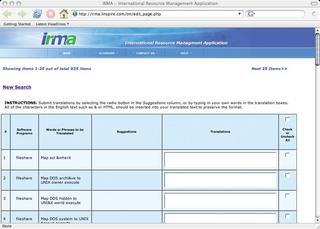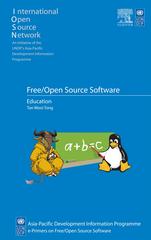The European Union has decided to restart its discussion of "computer-implemented inventions." This decision is a victory for opponents of software patents, who have spoken out against the proposed EU software patent directive.
Meanwhile, across the Atlantic, IBM announced it will donate 500 software patents for use with open source development. This announcement eliminates the threat of legal action these patents may have posed to open source developers and products. In addition, Sun recently released over 1600 patents, some of which may affect Linux, to allow open source developers to work on the new Open Solaris.
A recent report from the Public Patent Foundation asserted that Linux could infringe on 283 patents. The recent donations by IBM and Sun could help reduce that number, but the patent issue still looms large.
At a recent summit of the Open Source Development Labs, Linux insiders weighed in on patents. "Are software patents useful? That's pretty clearly not the case," said Linus Torvalds. Apache co-founder Brian Behlendorf added, "If you could not patent algorithms or ideas, how much of the money spent on writing software would go away? How much innovation would disappear? Now much investment in that innovation would disappear? I don't think any of it would disappear.
Between 150,000 and 300,000 software patents have been issued in the United States. A high percentage of patents are later declared invalid, but patent disputes can escalate to expensive legal battles, and the sheer cost can intimidate small groups from taking on large, well funded corporations.
Microsoft has vowed to build and expand their own patent portfolio. Mitch Kapor, chairman of the Mozilla Foundation, compared the patent threat from Microsoft to a "weapon of mass destruction." "We have to be concerned about...the use of patent WMDs. If totally pushed to the wall - because their business model no longer holds up in an era in which open source is an economically superior way to produce software, and the customers understand it, and it's cheaper and more robust, and you've got the last monopolist standing - of course they're going to release the WMDs. How can they not?"
http://www.osdl.org/
http://www.ibm.com/
|



